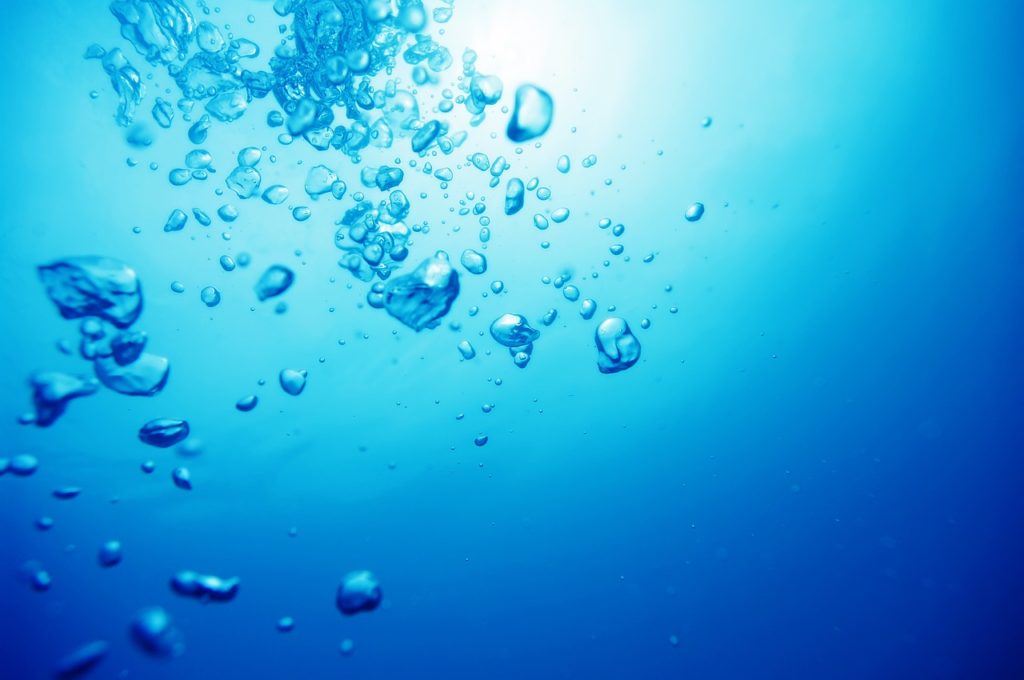The District Political Commission of PAN Algarve announced today that it recently presented to the Commission for Coordination and Regional Development (CCDR), Portuguese Environment Agency (APA) and Institute for Nature Conservation and Forests (ICNF), among other organizations relevant to environmental management in the region and in the country, «sustainable solutions regarding the technology to be used in the future desalination plant in the Algarve».
The party also indicated that it will question the Ministry of the Environment, through the deputy and PAN spokeswoman Inês de Sousa Real, to "find out whether the Ministry itself will consider desalination alternatives with technological methods that favor ecological sustainability, without forgetting purposes such as the preservation of local ecosystems».
One of the issues raised by the PAN is that of the 'brine by-product', which results from the desalination process. The PAN considers that «as it is a by-product rich in various minerals that can be extracted and used commercially, these must be treated as a raw material and not as a residue or an externality».
Pedro Glória, alternate member of the PAN District Political Commission of Faro, recalled that «it is public knowledge that the installation of a desalination plant in the Algarve, with the choice, as far as we know, being considered between the municipalities of Albufeira and Lagos».
Since the advance of the desalination plant is «inevitability on the part of the current paradigm and political will, it is important to mention the existence of new
technological approaches to desalination, such as offshore desalination, with zero CO2 emissions, zero external electricity, zero land occupation and zero chemicals», he added.
«Filtration methods are also undergoing new advances, with better and more efficient filtration membranes now available for osmosis (a process of moving water through a semi-permeable membrane, used in desalination technologies) capable of delivering around 50% more filtered material, which consequently also drastically reduces the amount of energy required for the process».
The PAN also warns that. in terms of managing scarce water resources in the Algarve, «other environmental interventions that enhance the hydrological rebalancing of our region cannot be forgotten, such as, for example, the reinforcement of urban forest areas, the reduction of impermeable areas, the reuse of water treated wastewater, the implementation of “water retention landscapes”, the promotion of the capture and urban use of rainwater, the regeneration of forest areas (degraded or lost) with biodiverse systems or a more effective regulation regarding the licensing of large monocultural farms, seeking to promote whenever possible the implementation of complementary pluricultural systems».
This recommendation also referred to the NBS (Nature-based solutions) concept, an approach defined by the International Union for Conservation of Nature (IUCN) with the aim of creating networks and actions to protect, manage and restore ecosystems sustainably, adopting a perspective that environmental enhancement can also have economic retroactive effects.
«This green economic alignment will help to achieve the goals of reducing carbon emissions on the planet and the NBS practices will help to bring more clarity to decision-making, not only environmental, but in the other dimensions in which it operates», stresses the PAN, which recalls that, on the 26th, 27th and 28th of January, a cycle of conferences on NBS practices took place in Portimão, «the importance of which is quite relevant for the region and for the country», added Pedro Glória.
For his part, Saúl Rosa, political commissioner of the PAN Algarve, said that, «being the climate transition, (mitigation to climate change), a guideline of the
recovery and resilience plan (PRR) it is natural for us that the measures proposed by this plan have to contain a sustainability nature, be they energy, economic, or other scope of the target measures of the PRR».
«The nature of sustainability that we are referring to is that the measures for the Algarve and for the country consider our forestry heritage, the coastline, as well as all its biodiversity and fragile ecosystems that can have no other destination than that of their preservation », highlighted Saúl Rosa.
«We hope that, with this recommendation to the entities responsible for managing the desalination plant project, they will consider the most sustainable ways possible for its construction and operation».
«It is necessary that the Algarvians and Algarvian people feel that new measures in the region serve to solve problems and not to create new ones», concluded Saúl Rosa.



















Comments